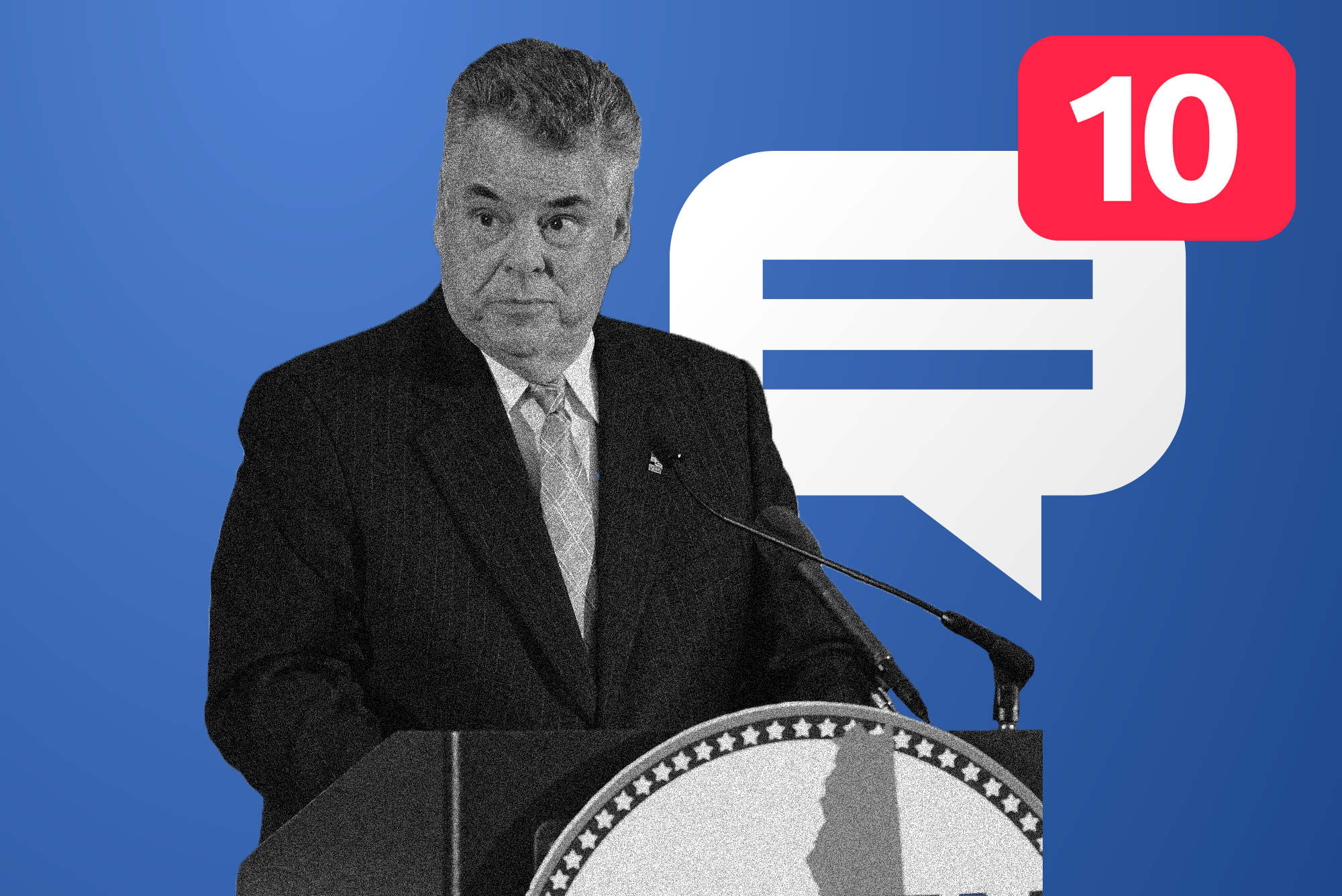Pro-Palestinian Campus Protests Shouldn’t be Snuffed Out by Police
Civil Liberties Union

It’s not hard to imagine the widespread outrage that would ensue if American politicians threw out any constituent who criticized them at town halls or school board meetings.
But in the social media-dominated world of today, a politician who bans critics from their Facebook page is effectively doing the same thing. Doing so is a clear violation of people’s right to free speech.
People have the right to block others on their personal social media pages, but an official government social media page is different. Elected officials cannot block their own constituents simply because of their political views.
On April 24, the New York Civil Liberties Union sent a letter to Long Island Rep. Peter King demanding that he unban the 70 constituents who were blocked from his “Congressman Peter King” Facebook page shortly after they criticized him. The NYCLU threatened to sue if King did not comply.
This week in response to our letter, King created a new, official Facebook page which will not ban users based on their opinions and will use his original page only for campaign purposes.
Elected officials cannot block their own constituents simply because of their political views.
King blocked an Amityville resident who was banned within hours of commenting on a post in which Rep. King congratulated Rex Tillerson on his confirmation as Secretary of State. The resident posted a link showing Exxon Mobil’s contribution to federal candidates, including Rep. King, and commented, “Money talks, anyone wondering why [t]he Congressman is not expressing any concern or doubt need look no further.”
He also banned a West Islip resident an hour after they posted, “We will accept, embrace, and give the same level of support to the President-elect as you have shown to the Muslim-American community. Mr. King, you are a disgrace.”
King previously argued that he should be allowed to block people from his page because it was his campaign page, not one used for his public office. But as our letter explains, King wrapped the page in the trappings of his office and used it as a tool of governance while benefiting from it as an elected official.
King had no other Facebook page and he regularly used it to communicate with constituents. By banning his constituents, King prevented them from weighing in on the work he’s doing on their behalf. That’s exactly the type of activity our constitution protects.
We are pleased with Rep. King’s decision to create an official page and commit to not banning anyone from it, but this issue extends beyond the Congressman. A federal appeals court is currently weighing whether President Trump can block people from his Twitter account. A lower court ruled that the constitution prevents him from doing so.
Many elected officials have followed in the President’s footsteps. In January, for example, the ACLU of Northern California sued on behalf of Black Lives Matter leaders who were unlawfully blocked from Sacramento Sheriff Scott Jones’ official Facebook page.
Politicians have every right to dislike and disagree with criticism from constituents. But they have no right under the First Amendment to suppress that criticism in public forums. No person who holds public office has the power to silence their critics on social media. Any politician who tries to do so should know that their actions are a clear affront to the public’s right to free speech.
If you’ve been blocked by a politician on social media for criticizing them, check to see if it’s their official page. If it is, send them this blog and let them know they have no right to stifle your disparagement.